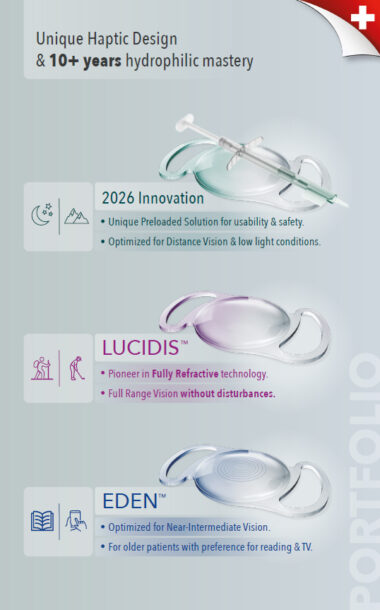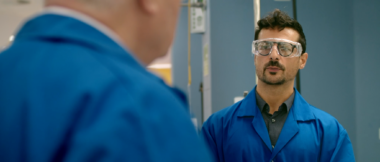22nd September 2023
New research into the impact of tobacco retailer licensing fees on tobacco availability has prompted public health experts to call on all Australian Governments to adopt a higher minimum standard of licensing regulation nationally to help drive down smoking rates.
Tobacco licensing was changed significantly in South Australia in January 2007, when the annual cost of retail tobacco licences rose 15-fold from $12.90 to $200. A new study published in the Australian and New Zealand Journal of Public Health, builds on prior research that showed that the initial fee increase led to an almost 24 percent decrease in the number of tobacco retailers within two years.
Across Australia, there is a mishmash of licensing laws applied to retailers in order for them to legally be allowed to sell tobacco. This variation extends to the licence fee or price set, some jurisdictions not requiring a licence, with others running a notification rather than a licence scheme.
Co-author Professor Caroline Miller, Director of Health Policy at the South Australia Medical Health Research Institute (SAHMRI), says that the latest analysis of what happened in SA between 2009 and 2020 shows large fee increases are needed to prompt retailers to re-evaluate the sale of tobacco.
“Since 2007, the fee in SA has only gradually been increased in line with indexation,” Prof Miller says.
“In the latest analysis, we found that the number of licences has continued to fall from 2,707 in 2009 to 1,810 in 2020, a 33 percent decline over 11 years. However, this is only an incremental change.
“We also found that the remaining tobacco licences are even more concentrated in lower socio-economic areas. We need another fee increase here in SA to continue to reduce tobacco availability and support our community to quit, especially our most vulnerable.”
Adjunct Prof Terry Slevin, CEO, Public Health Association of Australia says that it’s ridiculous and bizarre that a product that has proven to be deadly is still so widely available in an enormous number of retail outlets.
“Tobacco is still the leading preventable cause of death and disability in Australia, yet continues to be sold in most supermarkets, corner stores, petrol stations, pubs and many other venues. No state or territory has any restriction on the number of outlets that can sell tobacco.
“Tobacco smoking is estimated to cost Australia $137 billion, with those costs spanning health care and health system costs, loss of productivity, impact to families caring for someone with a tobacco caused illness, as well as ill health to individuals. Everyone else is left to pick up the cost and impact of tobacco, while retailers get off dirt cheap.
“Tobacco licensing regulation in Australia is currently woeful and woefully inconsistent. In some states such as Victoria there is even no need for a licence to sell tobacco. In NSW you only need to let the government know once if you intend to sell cigarettes. In some states, the licence fee is ridiculously cheap.
“This study reinforces the importance of introducing a higher standard of tobacco licensing across Australia, including high licence fees, to help reduce tobacco availability and support smokers who want to quit.
“Improved licensing and higher fees would also prompt retailers to re-evaluate the economic value of being in the unethical business of selling tobacco.
“The Government has committed to a target of decreasing smoking rates to below 10% by 2025, and to 5% or less by 2030.The National Tobacco Strategy has a number of actions relating to licensing, including considering restricting or prohibiting the sale of tobacco products in premises where alcohol is consumed, including vending machines; banning or restricting the sale of tobacco online and through smartphone applications; and considering a framework for a national licensing scheme.
“To achieve lower smoking rates the Government is going to need a range of strong strategies in place. It’s time to put licensing on the radar and ask the question – do we really want tobacco this readily available?”
ENDS
For media interviews please contact:
Hollie Harwood, Strategic Communications Advisor, Public Health Association of Australia, [email protected], 0400 762 010
Paris Lord, Media and Communications Manager, Public Health Association of Australia, [email protected] 0478 587 917
Note to editors:
“Is it time to increase the cost of tobacco licences after 10 years of stagnation?” has been published online here.
Please credit the Australian and New Zealand Journal of Public Health.
All articles are open access and can be found here: https://www.journals.elsevier.com/australian-and-new-zealand-journal-of-public-health
The Australian and New Zealand Journal of Public Health is a publication of the Public Health Association of Australia.


